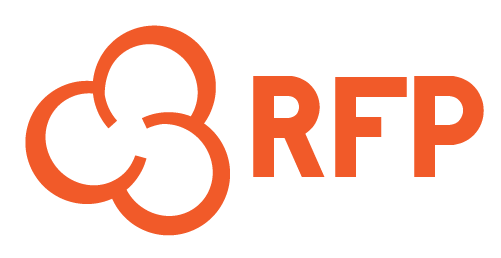Our series on 12 procurement challenges has explored topics such as inefficient processes, lack of transparency and collaboration, and collecting and understanding requirements. In this installment, we will discuss the fourth challenge that procurement professionals often face: inaccurate data. Quality data is essential for making informed decisions and driving procurement success. We will examine the problems that can arise from poor data quality and how modern procurement solutions can help ensure data accuracy.
The Problem: Inaccurate Data
Procurement teams rely on data to make critical decisions, identify cost-saving opportunities, and optimize supplier relationships. However, inaccurate data can lead to several issues, including:
- Wrong decisions: Poor data quality can result in incorrect or uninformed decisions, potentially leading to suboptimal procurement outcomes and missed opportunities.
- Unclear requirements: Inaccurate data can make it difficult for procurement teams to understand their organization’s needs, resulting in unclear or incomplete requirements.
- Ineffective supplier evaluations: Inaccurate data can hinder the ability to effectively evaluate supplier proposals and compare offerings, impacting the procurement team’s ability to select the best suppliers.
The Solution: Procurement Software and Best Practices
Modern procurement solutions and best practices can help organizations ensure data accuracy and overcome the challenges associated with poor data quality. Here are some key strategies:
- Data cleansing and validation: Utilize procurement software that offers data cleansing and validation features, ensuring that the data used for decision-making is accurate, complete, and up-to-date.
- Integration with other systems: Implement procurement software that integrates with other systems, such as ERP and CRM, to ensure a single source of truth and reduce the risk of data discrepancies.
- Supplier data management: Adopt a procurement solution that provides supplier data management capabilities, allowing procurement teams to easily collect, store, and maintain accurate supplier information.
- Regular data audits: Establish a process for regularly auditing data quality and addressing any identified issues, ensuring that the data used in procurement activities remains accurate and reliable.
Emphasizing the Importance of Data Accuracy in Procurement
As procurement professionals, it’s crucial to recognize the impact of data accuracy on the overall success of procurement activities. By embracing modern procurement solutions and best practices, organizations can enhance data quality and make more informed, strategic decisions.
By emphasizing the importance of data accuracy, procurement professionals can position themselves as thought leaders in their organizations, helping to drive improvements in data quality and procurement outcomes. This, in turn, can contribute to increased efficiency, cost savings, and enhanced supplier relationships.
Conclusion
Inaccurate data can significantly hinder procurement success, leading to wrong decisions, unclear requirements, and ineffective supplier evaluations. By implementing modern procurement solutions and adopting best practices, organizations can overcome these challenges and ensure data accuracy. This enables procurement teams to make better-informed decisions, optimize processes, and achieve more successful outcomes.
In our upcoming episodes, we will continue to explore some of the biggest procurement challenges and how to address them. By understanding and addressing these challenges, your organization can build a more effective and strategic procurement function that delivers lasting value. Stay tuned for our next installment, where we will discuss the fifth procurement challenge and its solutions.
We’d like to hear from you what you’ve done to overcome this challenge, or, if you’re still struggling with it, you can book a free consultation with our procurement experts to develop or refine your strategy.








